Medication toxicity impacts more than 42,000 cats and dogs each year, making this one of the most common forms of pet poisoning. Most people’s medicine cabinets are full of medications in various forms—pills, capsules, and liquids—that put our pets at risk. Some pet owners unknowingly medicate their pets with their own pills for pain or discomfort, or pets will ingest pills that were accidentally dropped and left on the floor. No matter the scenario, knowing medication risks for your pet is critical for their protection.
Our Greenfield Veterinary Clinic team tackles the problem of human medication poisoning in pets and offers tips for keeping your pet free from harm.
Common human medications toxic to pets
If your pet has allergies or an illness and is in pain, you may be tempted to give them a pill. After all, the product works for you, so why not your furry pal? Many human medications, however, are unsafe for pet consumption. They include:
- Ibuprofen — When you have a headache, you likely reach for ibuprofen (e.g., Advil, Motrin) to ease the pain, but ibuprofen is harmful to cats and dogs, who can experience severe stomach ulcers, nausea, kidney damage, and other life-threatening complications after consuming only small doses.
- Acetaminophen — While effective for relieving pain and reducing fever in people, acetaminophen (i.e., Tylenol) is toxic to pets, especially cats. If ingested, acetaminophen can cause swelling of the face and paws, lethargy, liver damage, and difficulty breathing in your pet. If large doses are consumed, death can occur.
- Antidepressants — Antidepressants are often prescribed for people with depression, anxiety, and phobias. In some cases, veterinarians prescribe antidepressants for pets with separation anxiety and other behavior issues, but too-large doses can be toxic and pets will exhibit signs including agitation, tremors, seizures, and an elevated heart rate.
- Attention deficit disorder medications — Stimulant medications (e.g., Adderall, Ritalin) used to manage attention deficit hyperactivity disorder (ADHD) and attention deficit disorder (ADD) can severely impact a pet who consumes them. These drugs can cause an elevated heart rate, tremors, and seizures, and can be life-threatening.
- Benzodiazepines — Prescribed to humans for anxiety and insomnia, benzodiazepines (e.g., Xanax, Valium) can lead to sedation, disorientation, and loss of coordination in pets. Ingestion of large quantities can lead to respiratory depression and coma.
- Cold and flu medications — Many pets have occasional allergies or upper respiratory illnesses, but never use over-the-counter (OTC) human cold and flu medications, which contain ingredients such as pseudoephedrine, acetaminophen, and ibuprofen that are toxic to pets. Cold and flu medication toxicity signs include discolored gums, a swollen face or paws, seizures, increased heart rate, and seizures.
- Blood pressure medications — Commonly prescribed to regulate blood pressure in humans, these heart medications can seriously affect your pet if ingested, because they can cause their blood pressure to drop to dangerously low levels.
- Topical creams and ointments — Certain topical medications, including those containing steroids or salicylates, can be toxic to pets. Never allow your cat or dog to lick an area treated with topical medications.
Pet medication toxicity prevention
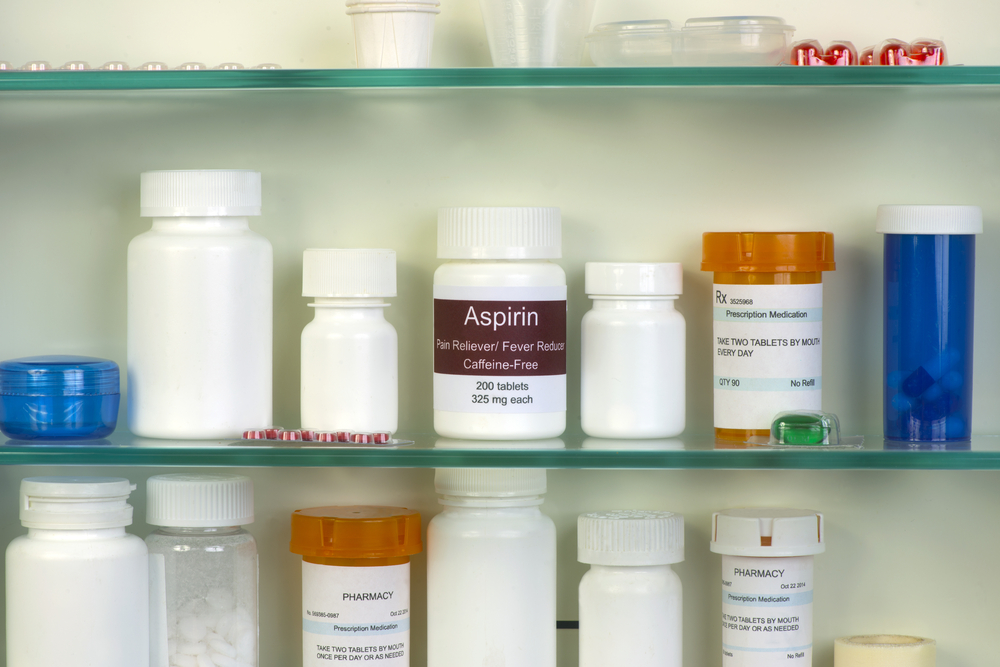
While this list of scary scenarios that can result should your pet ingest a human medication may seem discouraging, you can prevent medication poisoning in your pet by following our recommendations:
- Storage — Use a lock box to store your prescription and OTC drugs or stow them safely on a high shelf or cabinet.
- Separation — Separate pet and human medications to prevent accidental mix-ups.
- Expiration — Discard expired medications. Take them to your pharmacy or a drug exchange program—the fewer pills and capsules in your home, the less likely your pet will encounter them.
- Good lighting — Take your medications in a well-lit room, away from your pet. Should you drop a pill or capsule, the good lighting will make finding a pill on the floor much easier.
- High level — Never leave your medications on a nightstand or other low table where a curious pet can reach them.
- Veterinary advice — Never give your pet human medication without your veterinarian’s advice and guidance. They will know which drugs are safe for pets, and the correct dose.
- More advice — Keep the contact information for the Pet Poison Helpline and Greenfield Veterinary Clinic on your phone or the fridge for quick access.
In case of accidental ingestion of any medication, contact Greenfield Veterinary Clinic as quickly as possible. Prompt action can be crucial for a good outcome. Like you, we want to keep your pet healthy and happy for years to come.


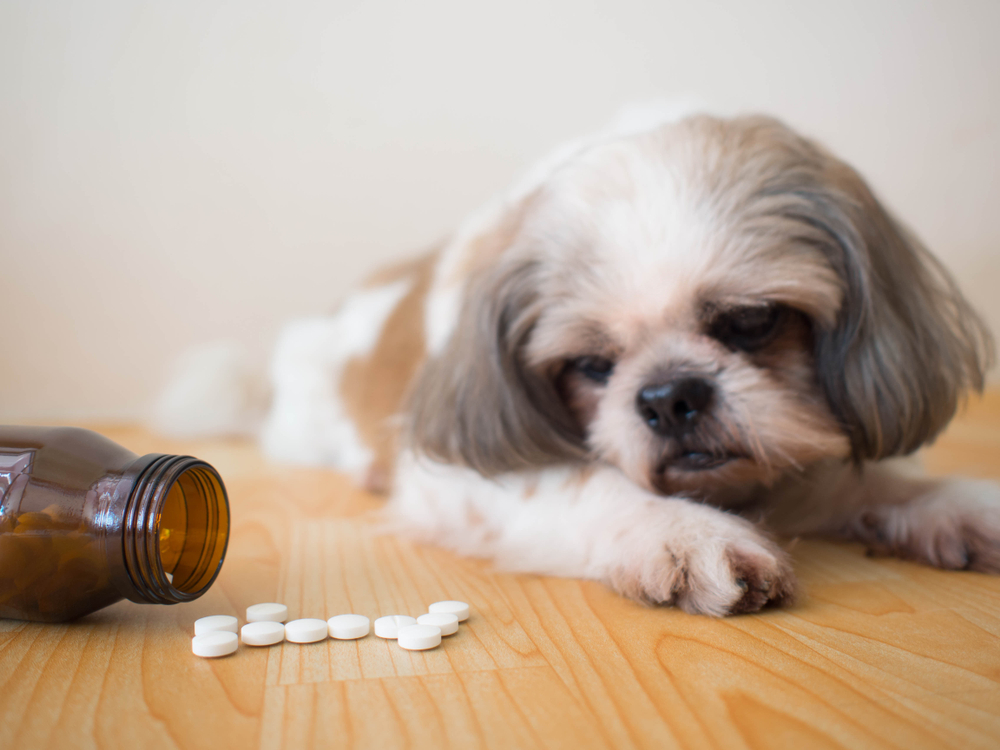

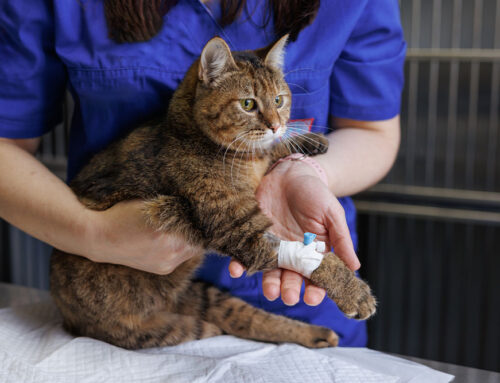
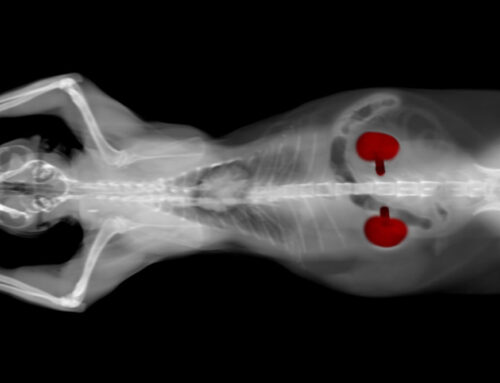
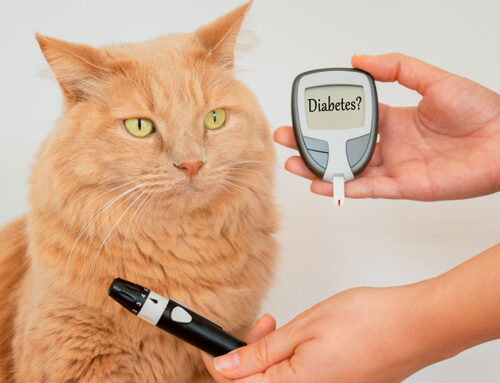
Leave A Comment